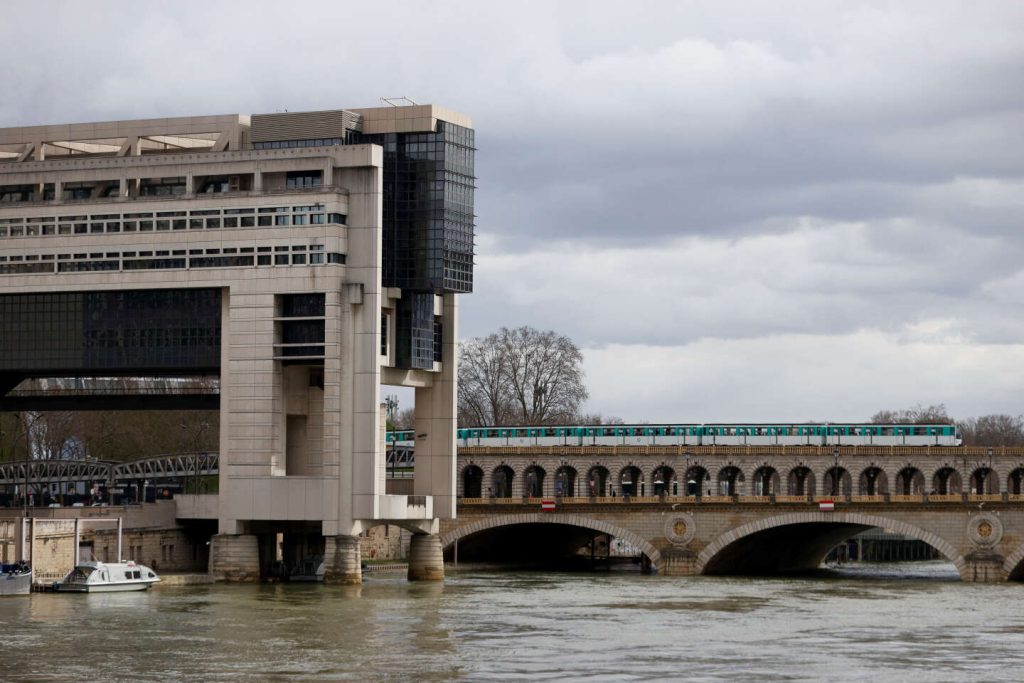The first president of the Cour des comptes called for taking control of public finances and urged a reduction of 50 billion euros in public spending over the next few years. The government has already announced a 30 billion euros reduction by 2025. However, repeating this call does not necessarily make it true. The austerity measures implemented in 2011 in response to the 2008-2009 crisis led to a downturn in the Eurozone’s economy compared to the United States. Despite the current economic contraction, European leaders are once again proposing austerity measures, which could worsen the crisis.
At the same time, polls indicate a rise in support for the far-right Rassemblement national party in France, causing concern among left-wing parties. The lack of hope and clear vision from both the far-left and center-left parties has contributed to this shift in public opinion. Simply calling for unity during elections is insufficient, and a deeper discussion on policy issues is needed to address key concerns. The left needs to provide a credible alternative to attract working-class voters who feel disillusioned with the current political landscape.
There is a growing emphasis on sustainability and environmental issues, with calls for a transition to a more eco-friendly economy. However, a complete shift towards degrowth may not be the solution. Without economic growth, it would be challenging to finance investments in ecological transition, improve public services, increase incomes for lower-income individuals, and address energy inequality. Balancing economic growth with ecological sustainability is essential to ensure a prosperous future for all.
Absolute decoupling between economic growth and greenhouse gas emissions is possible, as demonstrated by past trends in France. Between 2005 and 2021, the country saw a 16% increase in GDP while reducing carbon emissions by 18%. To accelerate this trend, investments in energy efficiency and non-carbon energy sources like renewables and nuclear power are crucial. Merely cutting funding for initiatives like MaPrimeRénov’ will not be enough to achieve these goals. It is important to continue investing in sustainable energy sources to further reduce carbon footprints and combat climate change effectively.
Overall, a balanced approach is needed to address the current economic challenges while also prioritizing environmental sustainability. It is crucial to find solutions that support economic growth, investment in green technologies, and social welfare without sacrificing long-term environmental goals. An integrated strategy that considers both economic and environmental perspectives is essential to navigate the complex issues facing society today. By reevaluating policies and promoting sustainable practices, governments can work towards a more resilient and equitable future for all.


